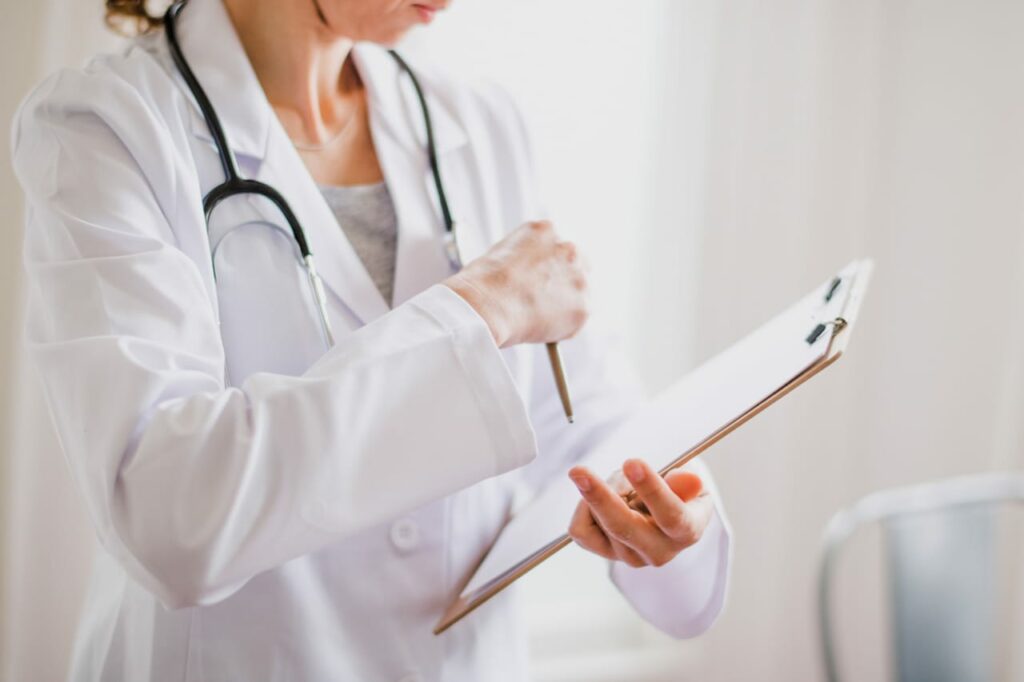What is pulmonary sarcoidosis?
Sarcoidosis in the lungs is called pulmonary sarcoidosis. Sarcoidosis can also affect other organs such as the lymph nodes, skin, eyes, and heart. It causes small lumps of inflammatory cells in the lungs. These lumps are called granulomas and can affect how the lungs function. The granulomas generally heal and disappear on their own.
If the granulomas don’t heal, your lung tissue may remain inflamed and become scarred and stiff, which is called pulmonary fibrosis. Pulmonary fibrosis changes the structure of your lungs and may affect your breathing. Bronchiectasis, although uncommon, can also occur when pockets form in your lung’s air tubes and become infected.
What are the symptoms of pulmonary sarcoidosis?
In your lungs, sarcoidosis can cause shortness of breath, cough, fever, fatigue, chest pain, and weight loss sometimes, though in some cases you may not have any symptoms.
How do I know if I have sarcoidosis?
Your doctor will order tests such as chest X-ray, ECG (electrocardiogram), blood work, pulmonary function test (breathing test), and potentially a biopsy of your lung or any other organ that is potentially affected by your sarcoidosis.
How is sarcoidosis treated?
Sarcoidosis in many people will go away on its own, and you won’t need any treatment. Unfortunately, treatment is not a cure, and you may need help with your symptoms. Steroids inhalers, and other more potent anti-inflammatory medications, such as methotrexate, may be used to treat sarcoidosis and may reduce lung inflammation and shrink the granulomas. These medicines, though, are not without side effects. Although very rare, sarcoidosis can cause permanent lung damage, so it is essential to get your symptoms checked by a doctor.
Do you think you have Pulmonary Sarcoidosis? Call our Pulmonary Clinic at (978) 254-4983 to get scheduled as soon as possible. Click here to Contact Us. If you are experiencing a medical emergency, please call 911.


